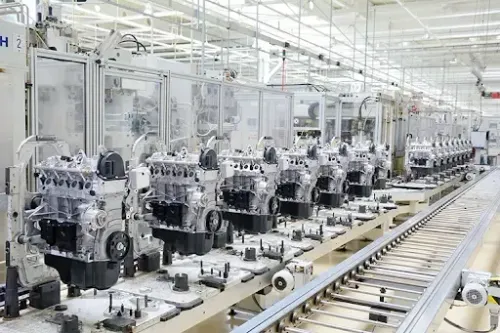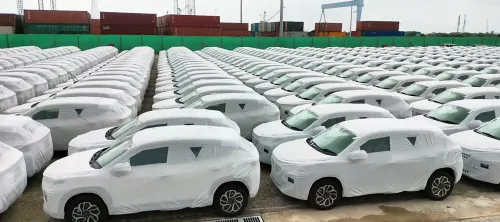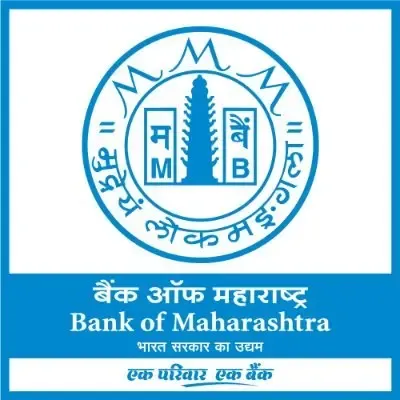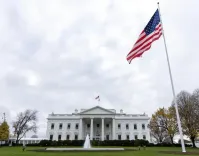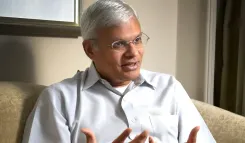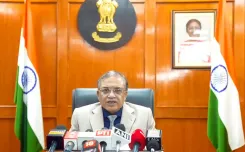Government Boosts PM E-Drive Initiative with Expanded EV Charging Infrastructure
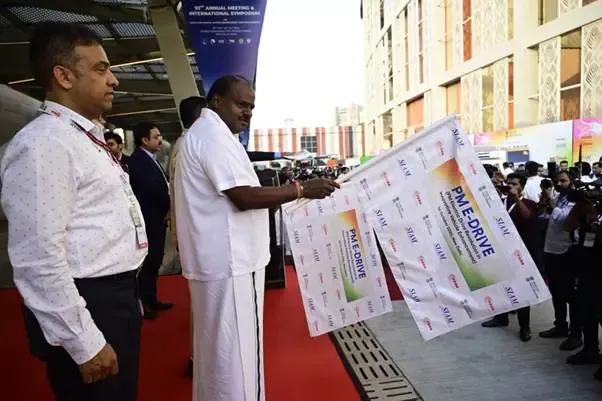
Synopsis
Key Takeaways
- 14 states are contributing to the PM E-Drive initiative.
- Target of 72,300 electric vehicle charging stations.
- ₹2,000 crore allocated for charging infrastructure.
- Goal to support over 28.8 lakh electric vehicles by FY 2026.
- 30% of new private vehicle registrations to be EVs by 2030.
New Delhi, April 1 (NationPress) The Central Government has garnered feedback from 14 states for its intensified initiative under the PM E-Drive scheme, which aims to significantly increase the number of public electric vehicle charging stations to 72,300 along high-traffic highways and major urban centers to promote the use of green vehicles.
The Ministry of Heavy Industries has rolled out the scheme with a budget of ₹10,900 crore, allocating ₹2,000 crore specifically for the establishment of electric charging stations. This initiative targets to support over 28.8 lakh electric vehicles by the conclusion of the financial year 2026, as confirmed by a senior official.
He also mentioned that locations with high traffic density, including ports and airports, are under consideration for the installation of charging stations.
Moreover, the Ministry is in talks regarding optimal locations for charging stations along highways, particularly for e-buses, aiming to accommodate over 14,000 e-buses to mitigate pollution and combat global warming.
The scheme offers financial support for the purchase of electric buses, the creation of a comprehensive charging station network, and the enhancement of testing facilities under the Ministry of Heavy Industries (MHI).
Within urban areas, commercial vehicles such as e-3 wheelers are prioritized under the scheme, targeting 2.05 lakh such vehicles on the roads by the end of FY 2026.
The government aspires for electric vehicles to account for 30 percent of new private vehicle registrations by 2030, necessitating a substantial expansion of EV charging infrastructure.
This initiative seeks to alleviate range anxiety among prospective EV buyers by fostering the development of a robust charging infrastructure, as stated by the official.
Electric charging stations have already been established on crucial highways, including the Delhi-Agra (Yamuna Expressway), Delhi-Jaipur (NH48), and Chennai-Trichy (NH179B) routes, with endeavors like the National Highways for Electric Vehicles (NHEV) pilot project focusing on upgrading these highways.
The Ministry of Power has proposed 12 National Corridors for electrification, including those utilized in the NHEV pilot project.


